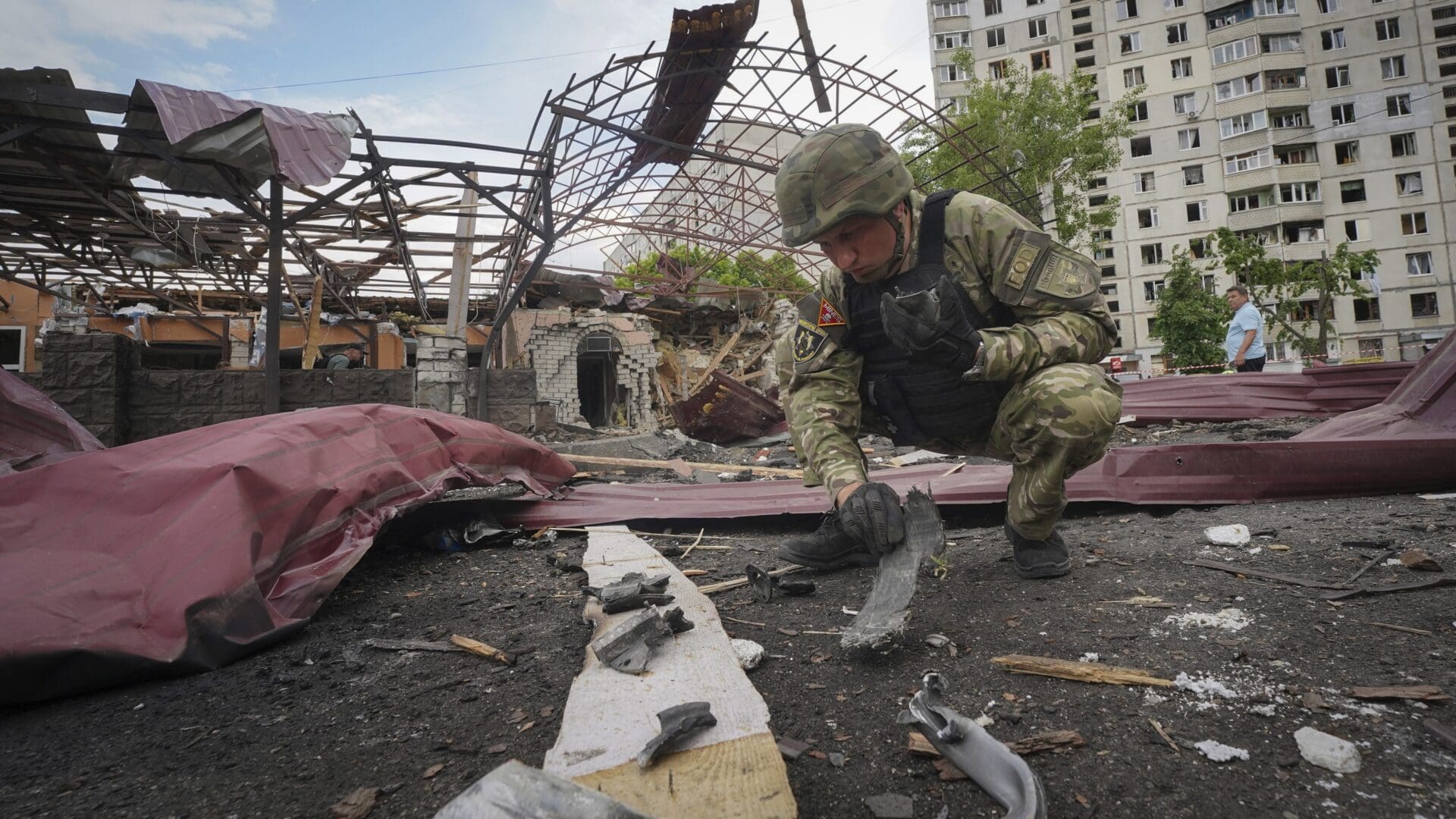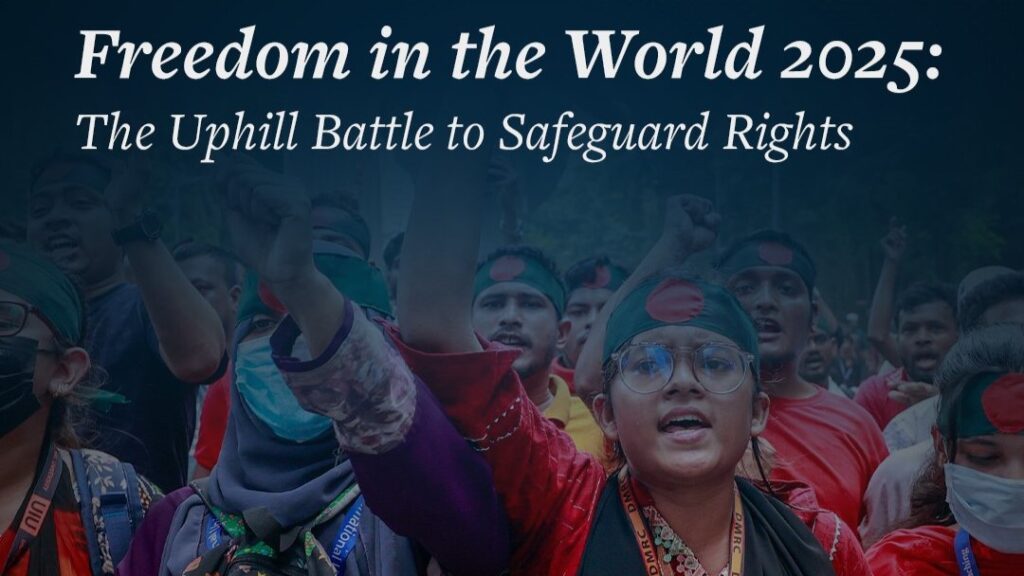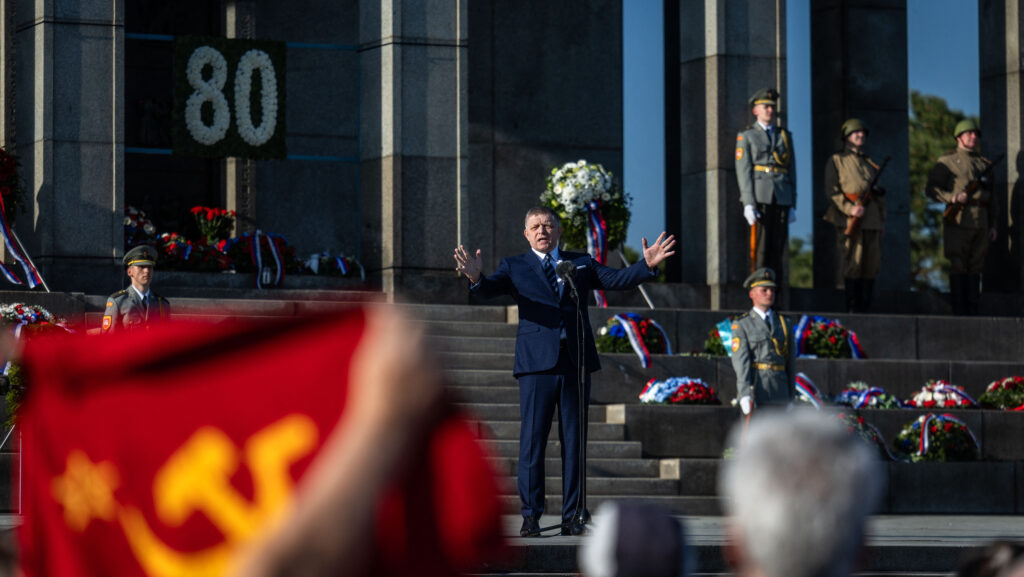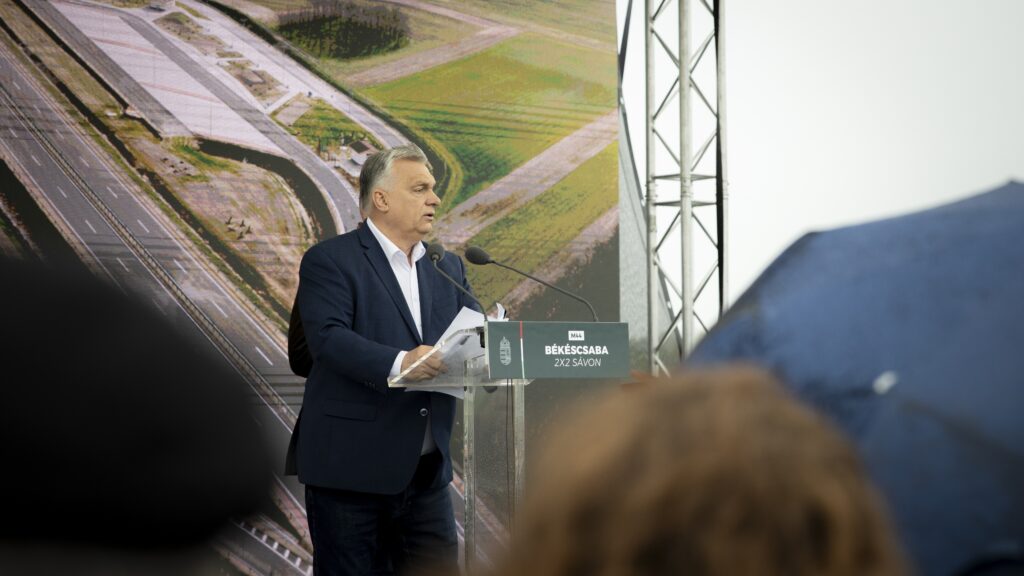‘As Russia Advances, NATO Considers Sending Trainers Into Ukraine’, The New York Times reported; ‘Some Western countries have already sent troops to Ukraine’, confessed the website visitukraine.today; ‘It’s time to send Nato troops to Ukraine’, argued Edward Luttwak on UnHerd; ‘EU, NATO members weighing sending troops to Ukraine’, Slovak PM Robert Fico warned before he got shot; while an op-ed published on Foreign Affairs magnanimously conceded that ‘Europe—but Not NATO—Should Send Troops to Ukraine’.
These headlines reflect Western leaders’ current state of mind about the Russia–Ukraine war. Are they really this irresponsible?
Why is Europe, which cannot even defend itself, burning with war fever?
How many more hundreds of thousands of people have to die, how many more hundreds of billions of dollars have to be burned and how many more years of crisis have to pass before peace becomes a topic of discussion? And why is only Hungary (and now, it seems, alongside Slovakia) pro-peace? I suspect there is a darker explanation than simple irresponsibility behind all this.
A year or so ago the entire liberal Western press was eagerly awaiting the much-hyped Ukrainian spring counterattack, expecting the collapse of the Russian campaign and great Ukrainian successes on the battlefield. The result was a smaller summer offensive that barely broke through the first Russian defensive lines here and there, and tens of thousands died to retake a few villages. Then the ammunition, the soldiers and the money ran out, while the Russians got stronger. Not much has changed since then, except that the Russians have opened a new front line towards Kharkiv and are making gains on the eastern front. The Ukrainians are panicking, the West is paralysed, having neither the money nor the strength or the resolution to help. Disaster is imminent, and although Putin did say at his presidential inauguration that he was ready to negotiate, this may have been a bluff as the Russians have been pushing forward ever since.
The situation on the front is less favourable for Ukrainians today than it was a year and a half ago. That is a fact. Since then, countless people have been killed, permanently injured, their lives ruined, and their homes destroyed. That is a fact. Since then, Europe has experienced the worst wave of inflation and economic decline of the millennium. That is also a fact. Meanwhile, Russia’s economy is getting stronger, with economic growth in 2023 and 2024 exceeding that of Western Europe. This is also a fact.
What does all this mean? What can be concluded? To put it simply: that the West’s pro-war policy has failed spectacularly and brutally. A victory for Ukraine on the battlefield was predicted, but today we are further away from that than ever before. We wanted to slap the Russians on the wrist, but we were the ones who got knocked down. Of course, for the US economy, which was already in serious trouble before the war,
the war was not a handicap, it was a godsend.
Secretary of State Blinken has tried to sell the exorbitant aid to Ukraine as benefitting the American economy—in other words, the death machine they are maintaining is saving their skin economically. So, the only big loser is Europe, whose leaders stood by while we were being plundered.
But what else could they have done, since they do not seem to have sovereign, powerful governments that run the countries of Europe today?
They are using the war as a means of exercising their compulsion to kowtow to Washington, and virtue signal, claiming they are on the right side of history.
But the tables have turned. For all we know, change is coming to Washington and Trump’s return to the presidency is looking more and more certain. US attention is already increasingly focused on the Middle East, and the Israeli–Palestinian conflict, and the ‘Ukraine project’ is looking less and less worth pursuing. After all, the Ukrainian counter-offensive has failed, and it is becoming increasingly certain that Ukraine will be smaller at the end of the war and that US companies will not be able to rebuild it in the scales of magnitude they were hoping for.
Trump’s presidency promises one certain development: a 180-degree turn; peace instead of war. President Trump’s attitude towards Europe is well known: he is tough on our continent and he does not want to pay for the defence of Europeans at the expense of the US taxpayer. Which brings us to why European leaders would want to send troops to Ukraine when all common sense says it is suicidal and senseless.
They are afraid that if Trump comes back and makes peace,
he will not invite European leaders, unwilling to finance their own defence, to the negotiating table
—an unbearable trauma for imperialist-minded presidents and chancellors.
To solve this conundrum, they may be thinking that by sending troops to Ukraine they can buy their place at the table, and participate in peace talks, sparing themselves historical embarrassment and loss of face.
Of course, what this means in practice is that European leaders are risking a third world war just to avoid the ‘embarrassment’ of peace and the end of the war.
There could have been an easier solution than years of hawkish warmongering. For example, European leaders could have listened to common sense and humanity from the very beginning and do everything in their power to facilitate peace talks, with firm, confident conviction, as Hungary has done. The world needs an immediate ceasefire and peace talks in Ukraine. There is no other way. This what we are voting about in June in the European elections.








